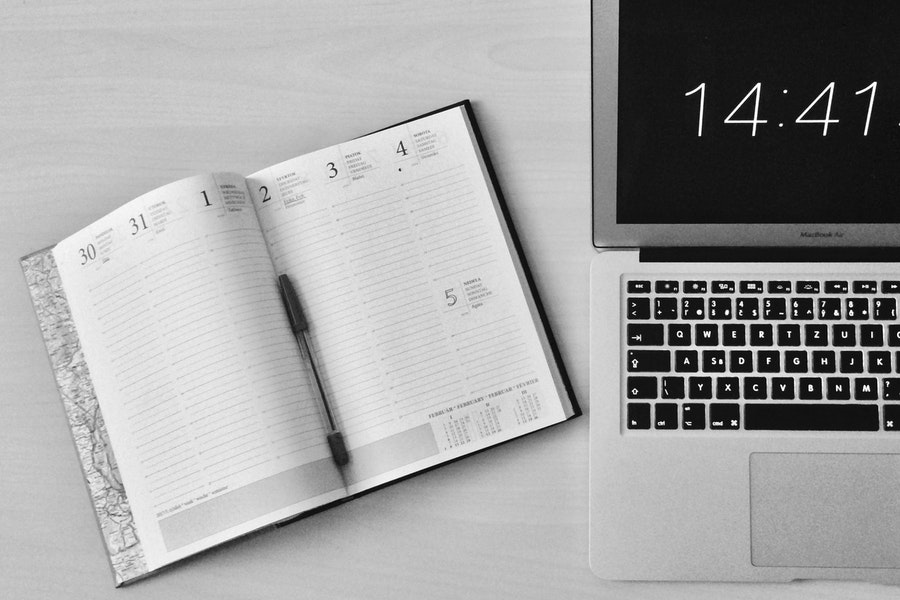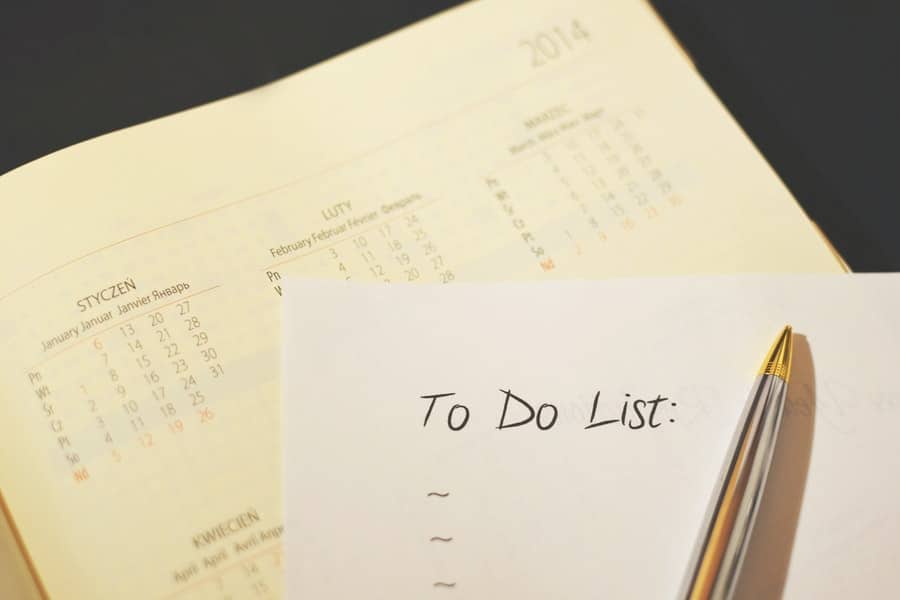If you’re the type of person who tends to joke around, wishing there were more hours in the day, it sounds like what you really are wishing for is a better way to organize how you spend your time.
After all, a person might begin the day with the best intentions, only to see plans to complete a list of tasks falling through. In such cases, it pays to examine what you are trying to do, focus on priorities and come up with a more realistic approach to doing what you can in the amount of time available.
With that in mind, here are tips for how you can get things done in proper time management.
1. What Is Time Management and How Important Is it?
If you’re a beginner at coming up with a system to organize your efforts, it’s good to get an overview of time management first. Time management is how you plan and organize your day, allocating minutes or hours to specific tasks. People use anything from simple paper calendars or electronic calendars and alarm apps on their computers and smartphones to help them stay on track.

2. Prioritizing Tasks Based on Importance and Urgency
What’s the most crucial thing you need to do today, or this week? For example, you have to work out a budget for the coming month, or have to pick up a relative from a doctor’s appointment, which will be more urgent to finish than putting up holiday decorations or steam cleaning your carpets. Lower-urgency tasks go on the list but are labeled as “optional” if you cannot get to them that day.

3. Starting the Day With a Clear Focus
When you wake up, give yourself a moment to consider the main tasks for the day, focusing on your priorities. This can give you energy and purpose to tackle the most pressing items first.

4. Plan Everything Ahead
It’s essential to plan ahead so you can ensure you have time as well as the ability (money, physical capability) to take on your various action items. You’ll have a better idea of how much time it will take to do them, and how finishing one task sets you up to begin on another.

5. Setting a Time Limit
If you don’t have a clear limit on how much time you’ll spend on a particular task, you run the risk of blowing the day on a project that doesn’t really justify the effort. Use a kitchen timer or the timer on your smartphone to set limits for activities to help you focus.

6. Stop Being Perfectionist
The last thing you’d want is for perfect becoming the enemy of good. That is, people can get bogged down trying to aim for perfection, when “good” will be quite sufficient.

7. Work Smart, Not Harder
At the heart of any plan to manage time is the idea of working smarter, rather than harder. As you can see, with some planning and a bit of forethought, you can organize your most important tasks first and see to it that you complete your to-do list more efficiently.

